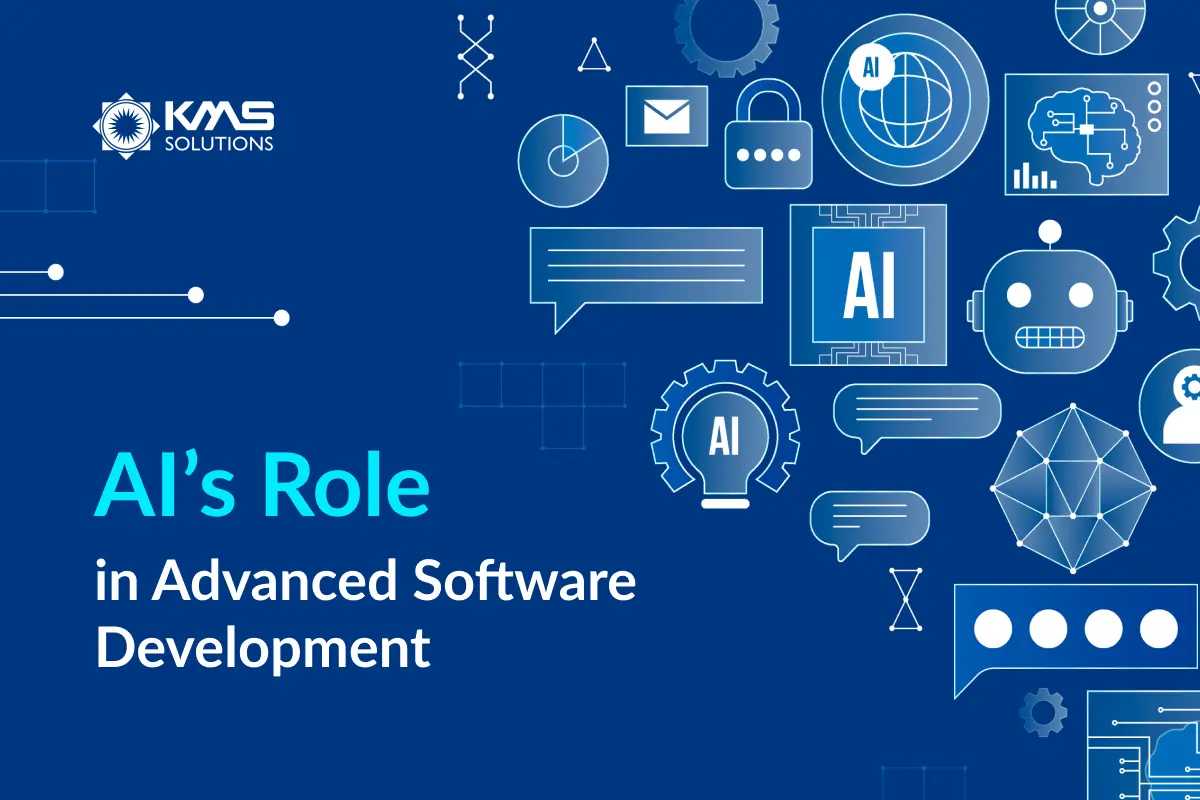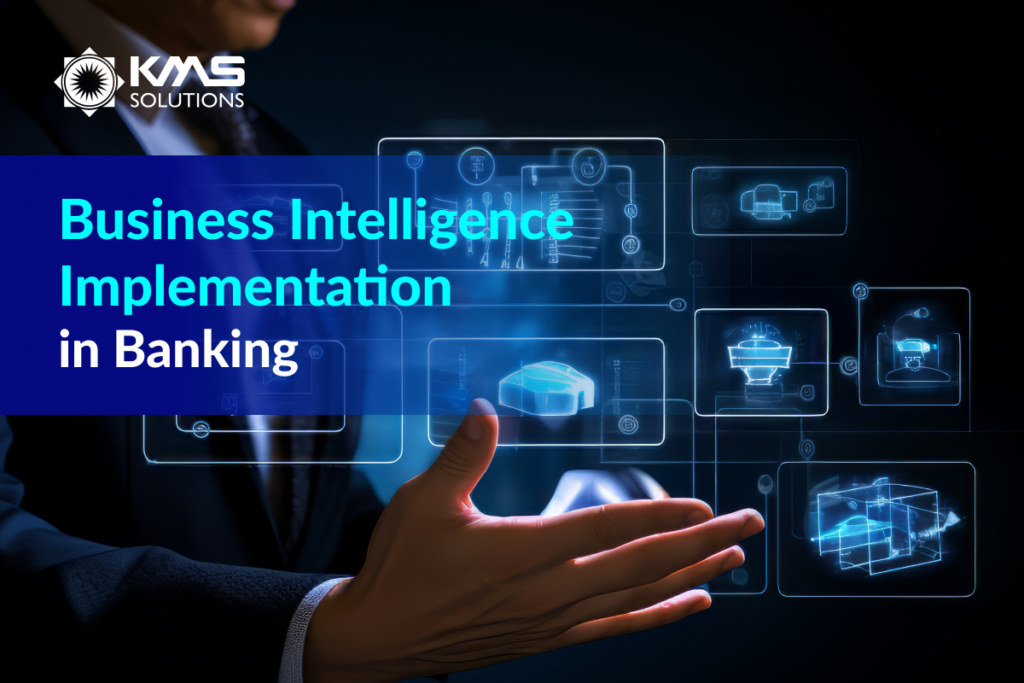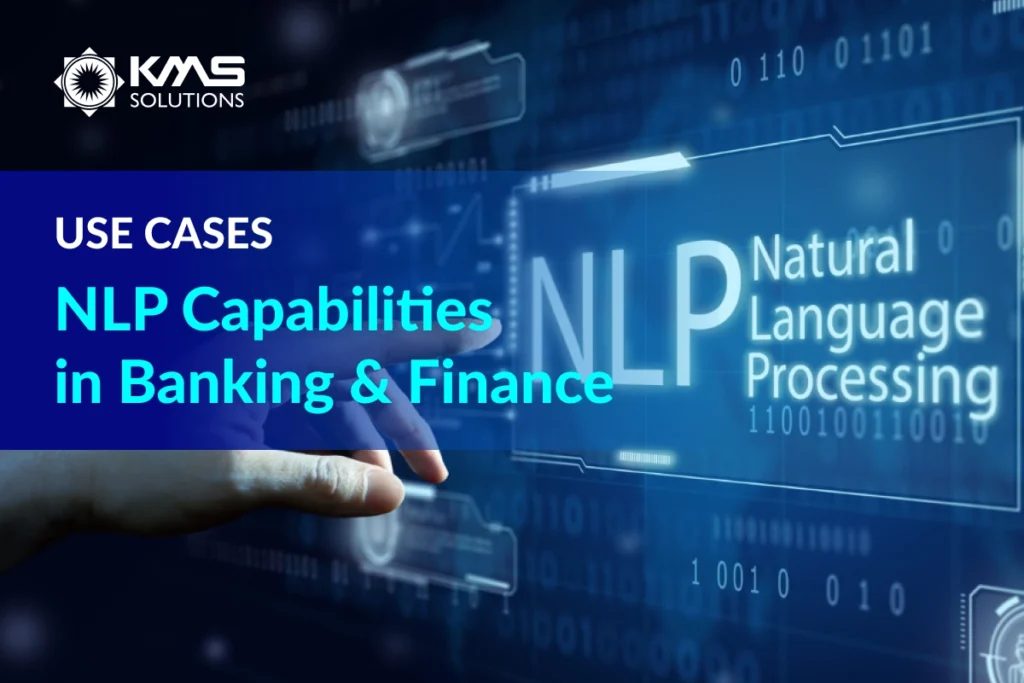Artificial intelligence (AI) is expanding at an unprecedented pace. Now that AI platforms are becoming more commonly accepted in greater society, they are influencing most aspects of our lives, and customised software development is no different.
But do we really know AI’s potential for advancing the capabilities of software development companies in Australia, the US, Asia, and beyond?
KMS Solutions experts have compiled some key insights around the future role of artificial intelligence in advancing software development teams. Whether you’re exploring the idea of dedicated AI teams or curious about how a DevOps team can leverage AI, we’ll unravel how it can transform the future of software developers & their companies.
How is AI Transforming Software Development?
AI is reshaping engineers’ approach to software development, enhancing efficiency, and facilitating more innovative and customer-centric applications. Notably, AI software development is now a trend in Australia, with 70% of organisations are currently in the investigative and exploratory phases of GenAI.
Here are some significant impacts of AI across various stages of the development lifecycle:
1. Accelerate the Customised Software Development Process
AI has the power to streamline and speed up the process of software development, primarily through automation, predictive models, and personalisation. AI algorithms can be used to automate repetitive tasks, provide fast answers to unexpected queries, and allow integration with various tools, thus freeing up time for the software development team members to focus on more complex and strategic aspects of a project.
For instance, AI-backed tools can also generate code snippets based on specific inputs, dramatically reducing the time to write codes manually and boosting productivity levels across the team.
2. Enable AI-led Testing for Faster Development Process
One significant bottleneck in any software development cycle is testing. Autonomous testing is a high level of automation testing, which can automate testing processes, finding bugs and anomalies that a human investigator might overlook. The result? Quicker, more reliable software development cycles.
3. Streamline Project Management Systems
AI algorithms can predict project timelines based on past data and current progress. These insights can help Australian software development companies manage resources effectively, ensuring timely project delivery.
4. Provide Dedicated Teams with Problem-Solving Practices & Solutions
AI can facilitate customised software development by learning and understanding user requirements more accurately. It can provide recommendations for bug fixes, perform software testing, and even predict future issues by learning from past data. Such capabilities significantly reduce timescales, boost efficiency, and enhance output quality.
5. Alters Working Dynamics of the Software Development Team
The integration of AI in the development process doesn’t only affect the outcomes but also transforms the dynamics of the software development team. Dedicated teams can now leverage AI tools to handle vast workloads that once required more staff and time, leaving greater room for creativity and problem-solving.
It’s important to understand that AI doesn’t replace the developers but enhances their abilities and efficiency.
6. Remove Errors & Delays
AI reduces human error, pinpoints potential bottlenecks, speeds up product delivery, and improves overall service reliability. Through smarter automation and consistent feedback loops, AI aids in predicting potential system issues, thus preventing disruptions. It helps to analyse collected data and offers insights, enhancing the decision-making powers of the team.
For instance, in the BFSI industry, machine learning algorithms can predict banking system vulnerabilities or issues before they occur, allowing teams to take preventative steps. This improves overall productivity and reduces costs associated with system failures.
Challenges of AI Integration in Software
Incorporating AI into software development can bring various opportunities, yet it also presents a range of intricate challenges.
1. Bias in AI Algorithms
AI might inadvertently absorb biases from its training data, posing concerns in sectors such as recruitment or law enforcement, where biased decisions can yield significant consequences. Ensuring fairness and mitigating bias in AI algorithms is a complex and ongoing challenge, particularly in sensitive domains such as finance.
Hence, to mitigate this risk, you can continuously monitor AI algorithms to identify and correct biases.
2. Security of AI-Integrated Solutions
With its emergence, AI-based software also becomes vulnerable to cyber threats such as data breaches, hacking, and manipulation.
To protect the AI system, you can consider using advanced encryption to safeguard data and building AI-specific security protocols.
3. Algorithmic Transparency
AI models often operate as “black boxes,” making it difficult for users to understand how decisions are made. Achieving transparency in AI systems can be important for building trust and ensuring accountability.
Learn More About How KMS Solutions Can Support Your Software Development Team
While AI is still an evolving field within software development in Australia, its potential to create significant change is clear. It’s an exciting time for companies involved in the software development sector willing to pioneer and harness these emerging technologies.
With this growth, KMS Solutions offers a selection of custom software development solutions to support modern companies across Australia, the US, Asia and beyond, including:
- Business Technology Consulting
- Strategic advisory services to align technology with business goals
- Analysis of current tech infrastructure and recommendations for improvement
- Guidance on technology investments for business growth and efficiency
- Digital Apps & Platform Development
- Creation of custom digital applications and platforms for businesses
- Includes mobile app development, web platforms, and integrated software solutions
- Emphasis on user experience, scalability, and integration with existing systems
- Data Analytics
- Services to analyse and interpret complex datasets
- Providing insights for informed business decision-making
- Includes predictive modeling, big data analysis, and performance metrics
- Software Development Team
- Dedicated team for software development projects
- Skilled in various programming languages, frameworks, and development methodologies
- Focus on delivering high-quality, custom software solutions.
- Enterprise Software Testing
- Comprehensive testing services for enterprise-level software applications
- Includes functional testing, performance testing, and security assessments
- Aimed at ensuring software reliability, usability, and compliance with standards
If you would like to learn more, please contact our helpful specialists today.










